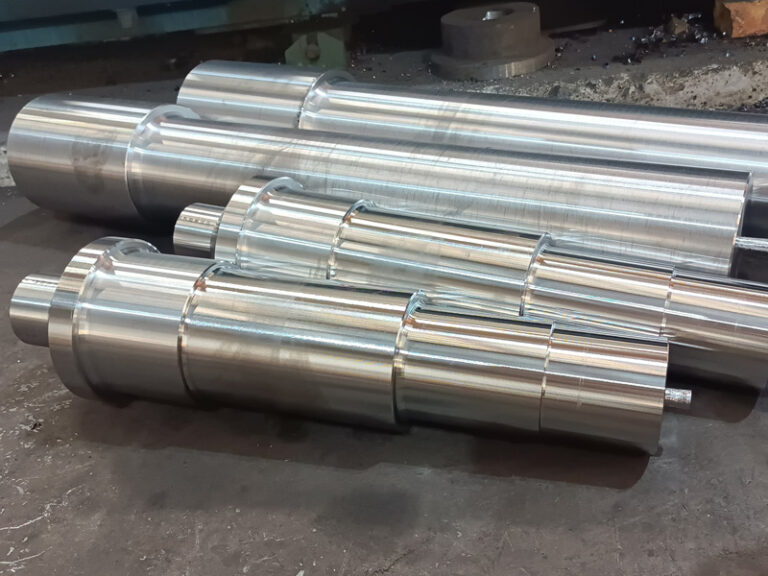About our 8620 alloy steel forgings
Our 8620 alloy steel forgings are a low nickel – chromium – molybdenum medium hardenability, case hardening (carburizing) steel forging. After having been carburized, hardened and tempered, 8620 alloy steel forgings will have good core strength and toughness in small to medium sections with case hardness up to Rc62. 8620 alloy steel forgings can also be used (uncarburised) as a high tensile strength steel forgings. When suitably hardened and tempered, 8620 alloy steel forgings can be utilized for various applications requiring good tensile strength and reasonable toughness.
Nowadays, 8620 alloy steel forgings are extensively by all industry sectors for light to medium stressed components and shafts requiring high surface wear resistance with reasonable core strength and impact properties.

8620 steel forgings Chemical Composition
8620 alloy steel forgings are a low nickel – chromium – molybdenum content alloy steel forgings. The following table shows the chemical composition of AISI 8620 alloy steel forgings.
What are 8620 steel forgings used for?
8620 steel forgings have a high case toughness and above average core toughness due to the nickel content. Additionally, 8620 steel forgings are the most widely used carburizing alloy steel forgings.
gears steel forgings
cranks steel forgings
shafting steel forgings
axles steel forgings
bushings steel forgings
heavy duty pins steel forgings
bolting steel forgings
springs steel forgings
hand tools steel forgings
gears steel forgings
machinery parts forging blanks
difference between 8620 steel forgings and 4130 steel forgings
4130 steel forgings have a high carbon content and are designed to be through hardened. This means that the 4130 alloy steel forgings are completely hardened all the way through inside, outside, center, everywhere after the heat treatment. 8620 alloy steel forgings have a lower carbon content and 8620 alloy steel forgings would be case hardened after the heat treatment.
difference between 8620 steel forgings and 4140 steel forgings
The difference between 4140 alloy steel forgings and 8620 steel forgings are that 8620 alloy steel forgings have a slightly lower carbon content and also contains nickel. The proportions of other alloying elements such as chromium and molybdenum are similar. 8620 steel forging are ideal for case hardening by carburization.
